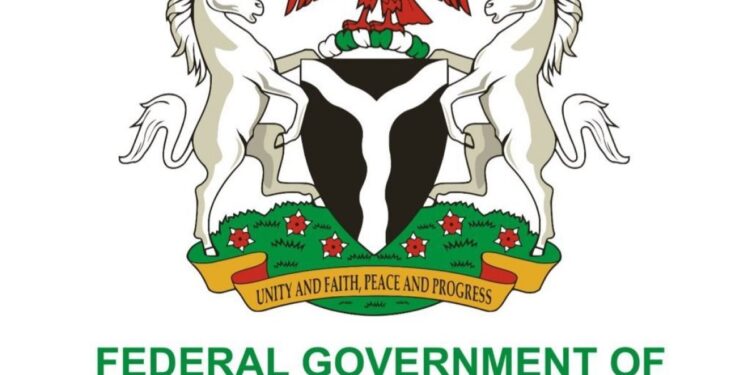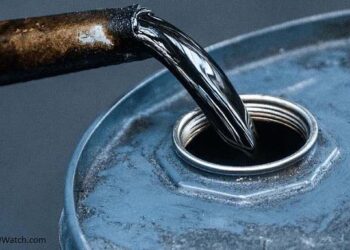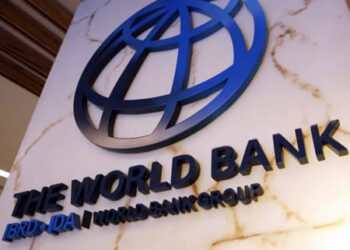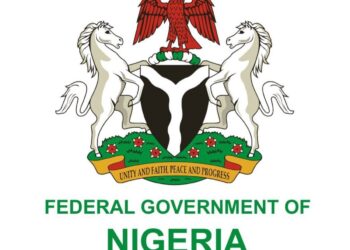In a strategic move to diversify Nigeria’s foreign reserve assets, the Senate is considering a new bill to significantly increase the proportion of gold in the nation’s reserves from the current 4% to 30%. This initiative aims to reduce Nigeria’s reliance on the US dollar and stabilize the economy through a more sustainable commodity.
A Bloomberg Africa report highlights that the draft bill before the Senate outlines several policies, including making the Central Bank of Nigeria (CBN) the primary purchaser of all gold produced domestically. This would formalize the largely informal gold mining sector, integrating it into the formal economy and placing it under the CBN’s jurisdiction.
A significant aspect of the bill is the creation of a Gold Reserve Authority. This new body would be responsible for managing the country’s gold reserves, ensuring a structured and efficient process. The proposal includes appointing the CBN Governor, Yemi Cardoso, to lead a newly formed gold reserve management committee. This committee will function similarly to the central bank’s monetary policy committee, aiming for high levels of expertise and consistency in managing the nation’s gold reserves.
Economic Impact and Recent Developments
In June, the Minister of Solid Minerals Development, Dele Alake, announced that transactions involving locally mined gold bars had contributed over $5 million to Nigeria’s foreign reserve assets. This disclosure was made during a presentation of gold bars to President Bola Tinubu under the National Gold Purchase Program. Alake emphasized the positive impact of these transactions on the rural economy, noting the refinement of over 70 kilograms of gold to the London Bullion Market Good Delivery Standard and the injection of approximately N6 billion into rural areas.
Strategic Diversification
Nigeria’s foreign reserves are predominantly held in US dollars, a common scenario for many African nations. The government has been making efforts for over a decade to diversify these reserves with more stable commodities like gold. The gold purchase scheme, initiated under former President Muhammad Buhari’s administration in 2019, aims to increase the country’s reserves and strengthen the naira against other currencies.
A gold-backed reserve system, similar to the model implemented in Zimbabwe, could significantly reduce Nigeria’s dependence on dollar inflows for currency stabilization. By increasing the gold reserve to 30%, the Senate’s proposal seeks to enhance economic stability and promote long-term growth.











